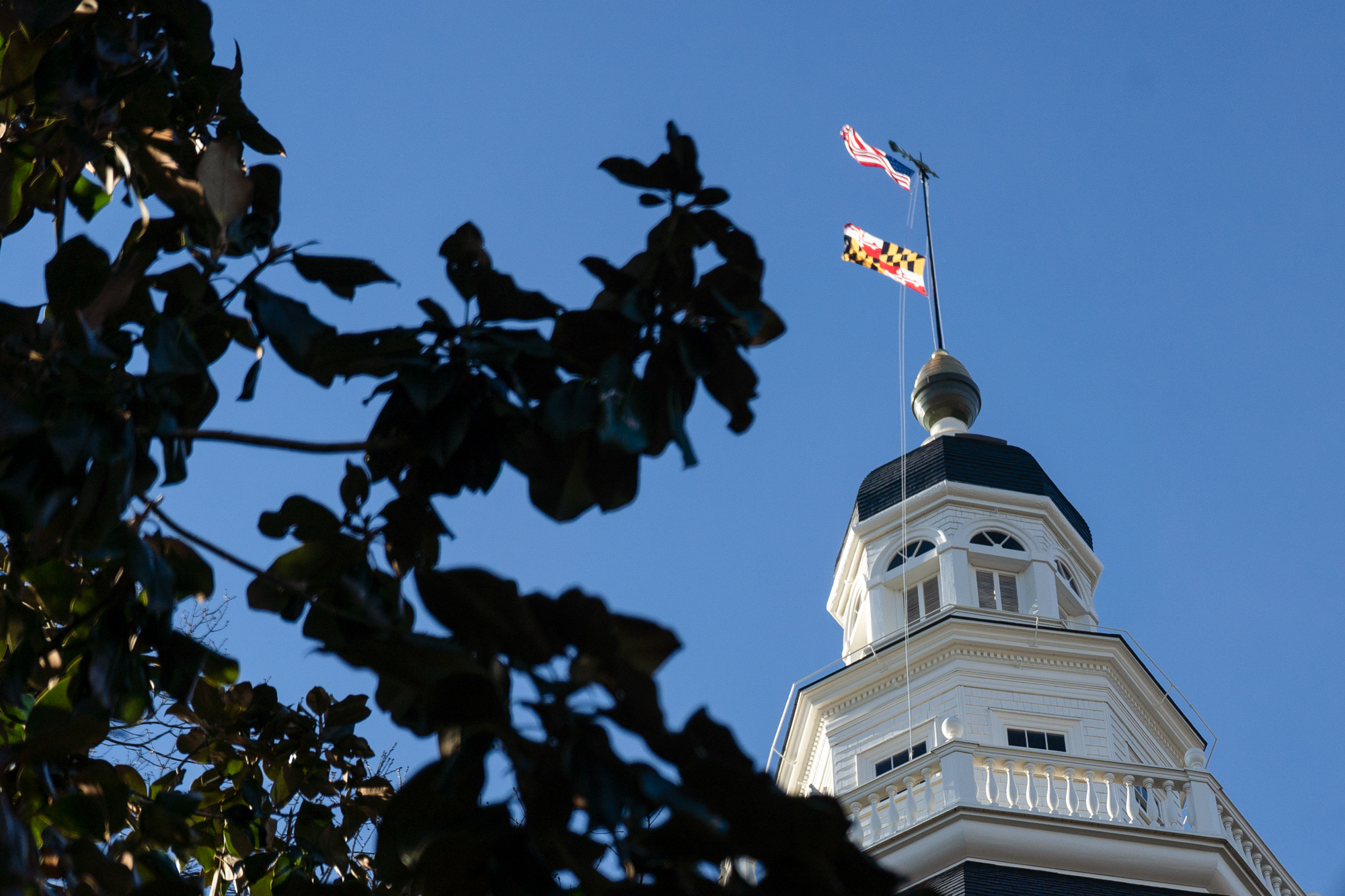Views expressed in opinion columns are the author’s own.
Before having studied human trafficking, I had lived assuming it was something reserved for true crime documentaries on Netflix and in social media videos. However, it’s hard to imagine that our state was ranked eighth in the nation for active trafficking cases.
Our state’s response to these cases, however, is far from reflecting the urgency trafficking cases should call for. It’s time the Maryland General Assembly passes the Safe Harbor and Service Response bill into law.
Of Maryland’s cases of trafficking, sex trafficking was the highest reported. However, there are no protections in place for child trafficking victims who are prosecuted for crimes they were forced to commit while being trafficked.
The Safe Harbor law would essentially ensure a minor would not be charged for crimes such as prostitution, committed as a result of being trafficked. This provision sounds like it should be simple — minors can’t consent, especially when forced into it. Yet it seems preventing the criminalization of juvenile sex trafficking victims is much too difficult of an issue for our legislators to come to a consensus on.
Some form of a Safe Harbor law has been passed in at least 38 states. In 2018, the argument against the Safe Harbor bill was that a network of regional navigators for law enforcement to contact when a victim is found needed to be set up first.
This program was established in 2019, so it just shows that this argument — of trying to establish different programs instead of implementing the Safe Harbor law — was only being used to stall the passage of the bill and divert attention away from a solution that would protect child sex trafficking victims.
Criminalizing sexually exploited minors is not only traumatizing for the victims, but it also makes escaping and finding traffickers much more difficult. In 2022, Maryland senators delayed debating on the Safe Harbor bill and let it die before the legislative session ended. The opposition to the bill rests on legislators struggling to view juvenile sex trafficking victims as victims, not prostitutes. The argument that Safe Harbor law would promote prostitution is rooted in controversies over prostitution and loses sight of the victims.
Opposition to the bill also comes from law enforcement, who claim prosecution or the threat of prosecution will ensure victims better cooperate with law enforcement and legal proceedings.
It’s a strange conclusion that victims will be more willing to cooperate with law enforcement under fear of being arrested. Without a Safe Harbor Law, victims are disincentivized from trying to seek legal or mental help or even reveal they were trafficked.
Not having a Safe Harbor law means social justice organizations aren’t able to adequately provide social services protecting and rehabilitating victims. Putting victims of trafficking through the harsh treatment of law enforcement agencies and these grueling, retraumatizing processes makes victims hesitant to report their traffickers.
It can be easy to fall into misconceptions about human trafficking. It feels far removed from us, as though it affects only the homeless or people in other countries. Because of a lack of clarity around sex trafficking, we might not feel the same urgency we may feel for other apparent issues. Without this public urgency, it seems our legislators feel comfortable allowing bills such as the Safe Harbor bill to go unpassed.
Before the current session ends, our lawmakers need to ensure the Safe Harbor bill doesn’t face the same fate as in previous years. It’s disappointing this state has fallen so behind on legal and policy responses to protecting victims of trafficking. It’s time we ensure minors are not further punished for being exploited by both their traffickers and our criminal justice system.
Imaan Shikoh is a sophomore public policy major. She can be reached at ishikoh@terpmail.umd.edu.



